Wellness Resources
Resources for Improving and Maintaining Your Wellness
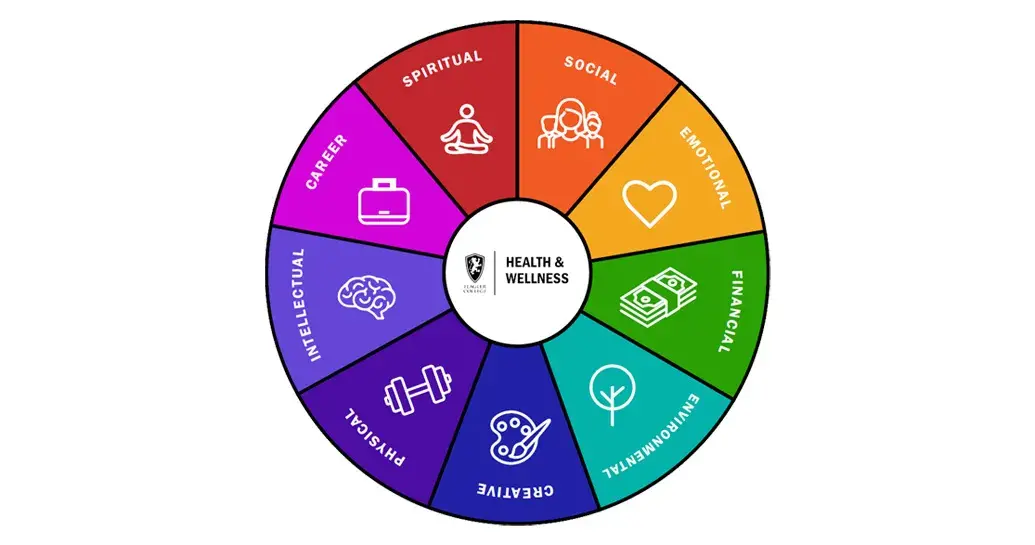
Click on the Wellness Dimension options below to view an assortment of on-campus, off-campus and virtual tools, services and other resources to support your wellbeing. Please note: the links to off-campus (non-FC affiliated) resources include content that expresses ideas and opinions that are unique to the authors and do not necessarily represent the College’s beliefs or views.
We encourage students to read this content mindfully, recognizing that although sometimes a specific population is addressed or a specific audience is targeted, most of the materials shared in the sections below can be applicable and useful to many people for a variety of reasons depending on their own personal experiences and where they are in life’s journey. Remember that Flagler logo in the center the Wellness Wheel is representative of ALL your identities (student, sibling, friend, singer, video gamer, book lover, sexually active, in recovery for substance use, Asian-American, gender non-conforming, Jewish, Starbucks Barista, HIV+, etc.). You may find that some content does not fit for you now, but it may become important later, so be sure to return to these resources when you are struggling with a certain wellness dimension.
Keep in mind some materials may never resonate for you, but they are very helpful to someone else — that is why we’ve listed so many different resources! So, feel free to try substituting words to get to the crux of the material so that it can become relevant for you. As you review the resources and materials below focus primarily on what topics, skills or strategies are being discussed.
The 9 Wellness Dimensions
9 Wellness Dimensions

The professionally well person works to gain personal satisfaction and enrichment, consistent with values, goals, and lifestyle.
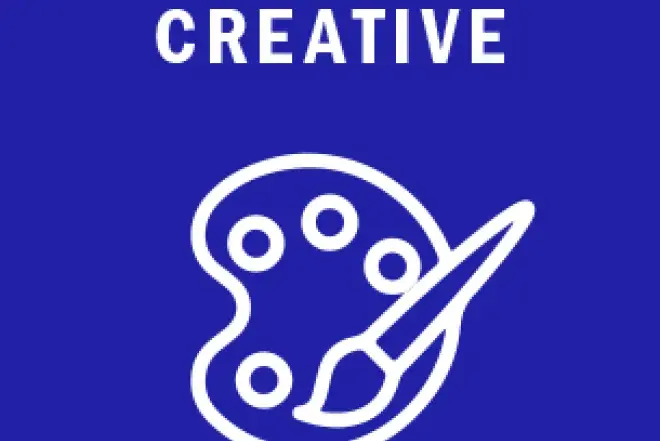
The creatively well person values and actively participates in a diverse range of arts and cultural experiences as a means to understand and appreciate the surrounding world.
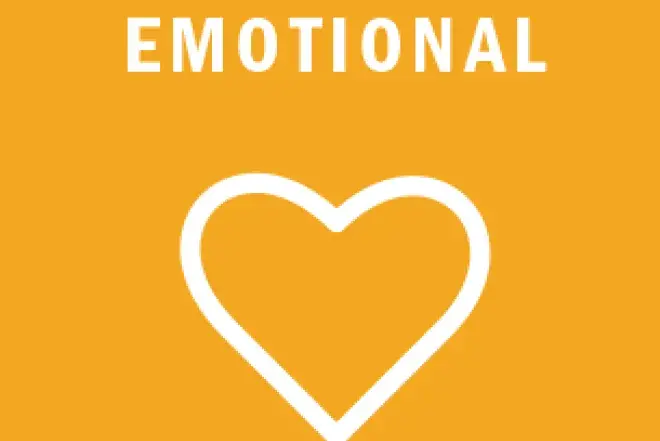
The emotionally well person can identify, express, and manage the entire range of feelings and would consider seeking assistance to address areas of concern.
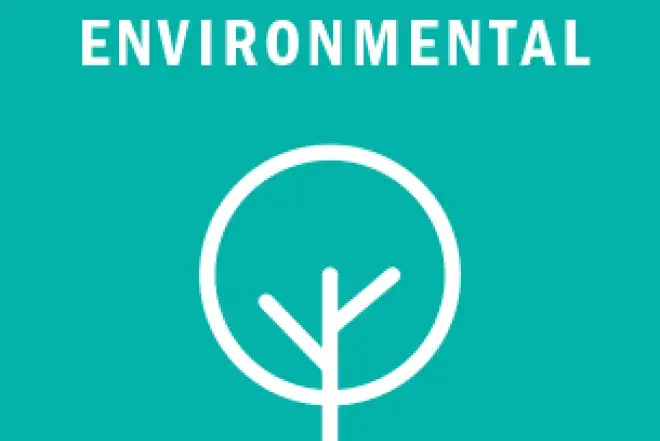
The environmentally well person recognizes the responsibility to preserve, protect, and improve the environment and appreciates the interconnectedness of nature and the individual.
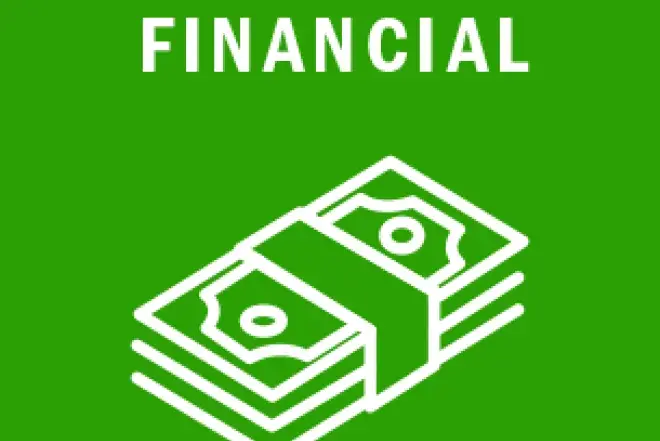
The financially well person is fully aware of financial state and budgets, saves, and manages finances in order to achieve realistic goals.

The intellectually well person values lifelong learning and seeks to foster critical thinking, develop moral reasoning, expand worldviews and engage in education for the pursuit of knowledge.
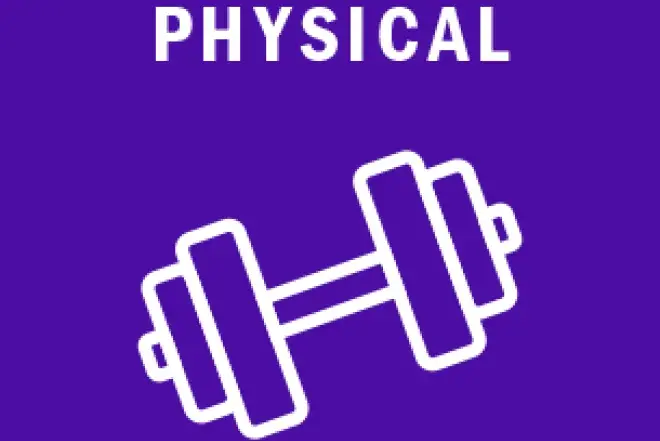
The physically well person gets an adequate amount of sleep, eats a balanced and nutritious diet, engages in exercise, attends regular medical check-ups, and practices safe and healthy sexual relations.
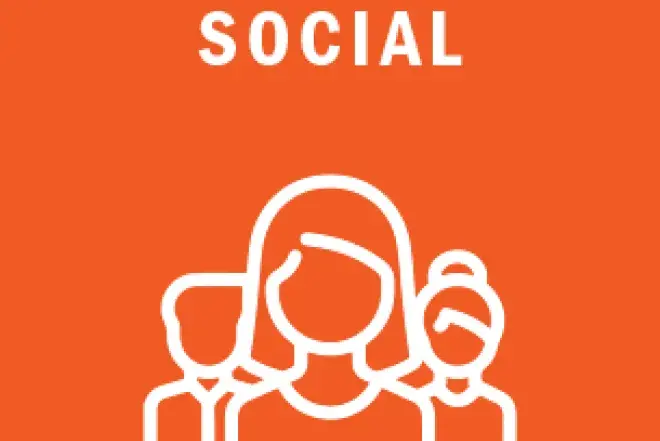
The socially well person has a network of support based on interdependence, mutual trust, respect and has developed a sensitivity and awareness towards the feelings of others.
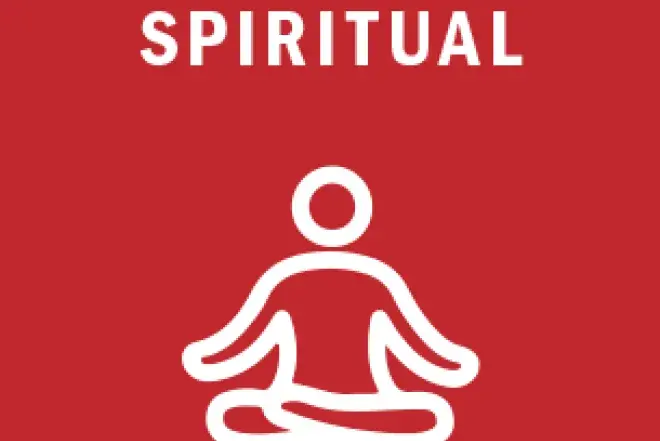
The spiritually well person seeks harmony and balance by openly exploring the depth of human purpose, meaning, and connection through dialogue and self-reflection.